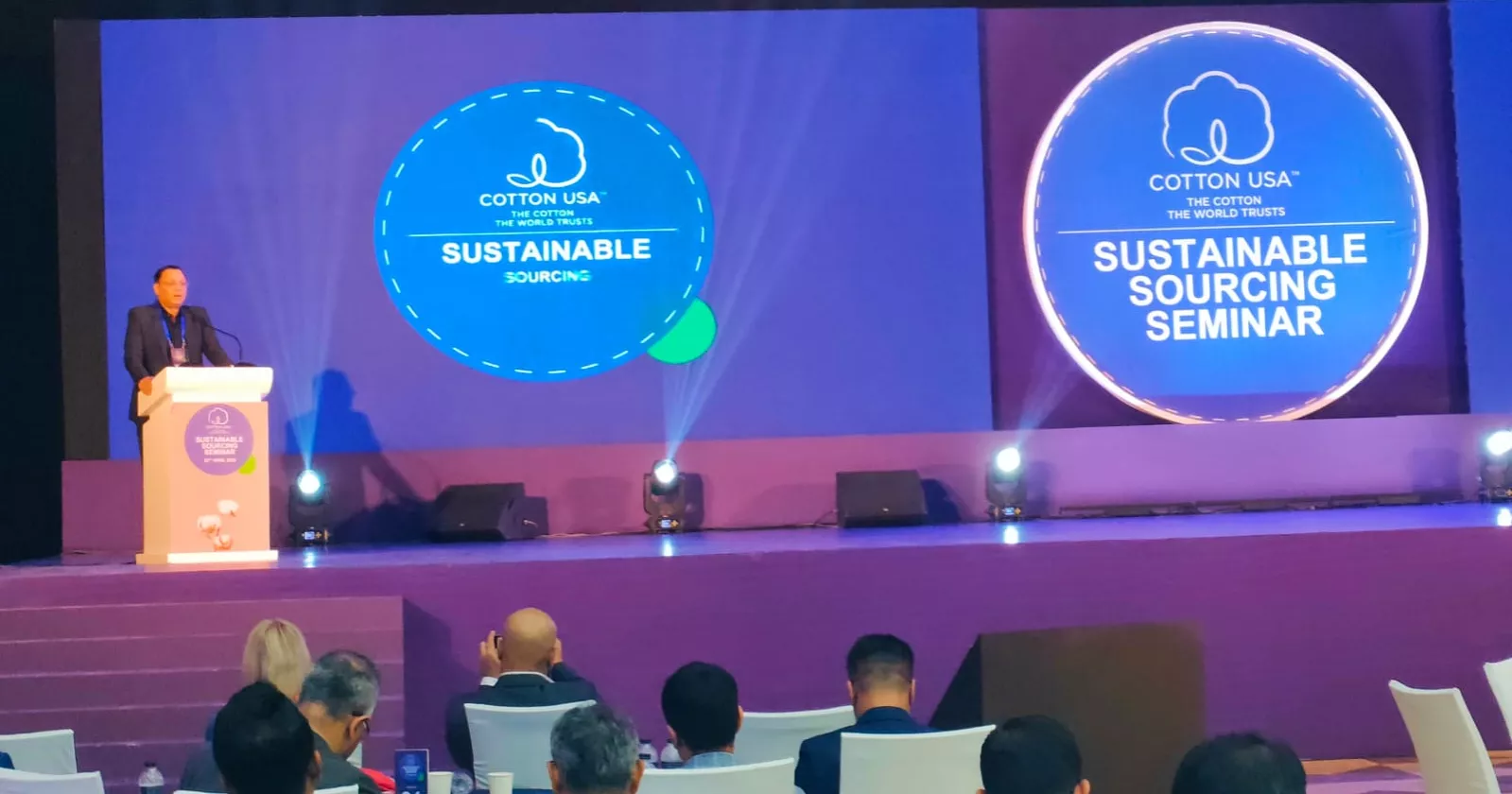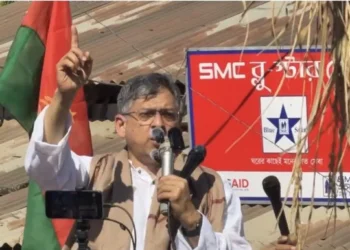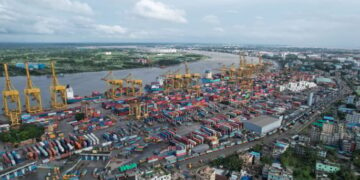Reduction in Yarn Imports from India Could Create 5 Lakh Jobs in Bangladesh
A 50% reduction in yarn imports from India could generate 5 lakh jobs in Bangladesh’s textile sector, according to BTMA President Showkat Aziz Russell.
A recent statement by Showkat Aziz Russell the President of the Bangladesh Textile Mills Association (BTMA), has sparked renewed debate over the future of Bangladesh’s textile industry. Speaking at the ‘Sustainable Sourcing Seminar of Cotton’ at the Bashundhara Convention Center, Russell said that a 50% reduction in yarn imports from India could potentially create approximately 500,000 jobs within the domestic textile sector.
This bold projection is not only about numbers and it reflects a strategic vision to reinforce self-reliance in local production while reducing over-dependence on neighboring countries.
Why a Reduction in Yarn Imports from India Matters
India has long been the dominant yarn supplier to Bangladesh, accounting for around 45% of its total yarn exports. In 2024 alone, Bangladesh imported $3 billion worth of yarn, with more than 95% sourced from India. While these imports have supported Bangladesh’s ready-made garments (RMG) industry, critics like Russell argue that the long-term costs outweigh the short-term convenience.
By prioritizing domestic production over imports, Bangladesh could foster supply chain resilience, generate massive employment, and support the growth of local industries. A significant reduction in yarn imports from India would shift investment toward Bangladeshi mills and workforce, according to BTMA’s president.
Criticisms of the Current Import Model
During the seminar, Russell raised serious concerns about the structure of current import policies. He highlighted that Indian garments are often brought into Bangladesh based on their monetary value instead of weight. This loophole, he claimed, allows cheaper Indian products to unfairly compete with local manufacturers.
Russell also criticized past trade policies for favoring Indian imports, calling for an urgent shift to protect national interests. “India is sucking the blood of Bangladesh’s economy,” he declared. “This needs to change across every sector.”
Sustainability and International Partnerships
While the local yarn industry takes center stage, the seminar also emphasized sustainable cotton sourcing. Tracey Ann Jacobson, Charged Affairs at the U.S. Embassy in Dhaka, discussed America’s commitment to supplying high-quality, sustainably grown cotton. She highlighted the potential for stronger U.S.-Bangladesh collaboration in building an environmentally responsible textile industry.
International partners such as Cotton Council International (CCI) played a key role in the event. Presentations covered everything from traceability and cotton technologies to global supply chain dynamics, helping Bangladeshi stakeholders visualize a more sustainable, diverse future.
Industry Experts and Their Insights
Key figures from global cotton organizations attended the seminar, including:
-
Ali Arsalan, CCI Representative for Bangladesh
-
Daniel Wong, Cotton Council International
-
William Bettendorf, CCI Regional Director for South Asia
-
Shahana Akter Kiron, VP of Textile Genesis
-
Zoe Keay, VP Sales at Oritain
-
Daren Abney, Executive Director, U.S. Cotton Trust Protocol
They presented technical papers on U.S. cotton market potential, innovations in cotton farming, logistics bottlenecks, and the future of cotton in sustainable fashion.
Challenges in the Supply Chain
Despite the opportunities, Bangladesh still faces hurdles in diversifying its cotton supply chain. Sourcing cotton from the U.S. comes with high logistics costs and longer shipping times. These factors have made Indian yarn more appealing in the short term. However, BTMA is advocating for policy changes, including duty-free access for garments made with U.S. cotton, to make alternative sourcing more feasible.
The Call for Boosting Local Cotton Production
A recurring theme throughout the seminar was the need to enhance local cotton production. While Bangladesh imports large volumes of U.S. cotton for its RMG exports, local cultivation remains minimal. BTMA leaders see this as a strategic weakness.
By investing in cotton farming, technology, and textile infrastructure, Bangladesh could reduce its reliance on imports from India and other countries. This would further amplify job creation and contribute to a robust local economy.
A Shift Toward National Interest
The reduction in yarn imports from India isn’t just an economic measure, it’s a national strategy. Showkat Aziz Russell’s bold claim of 5 lakh job opportunities underscores the immense potential of domestic industrial growth.
With the support of government reforms, international collaborations, and a commitment to sustainability, Bangladesh’s textile industry is poised for a transformative era. The time is ripe for policymakers, entrepreneurs, and stakeholders to rally around the shared goal of reducing dependency and reinforcing national capabilities.
Share via:

















